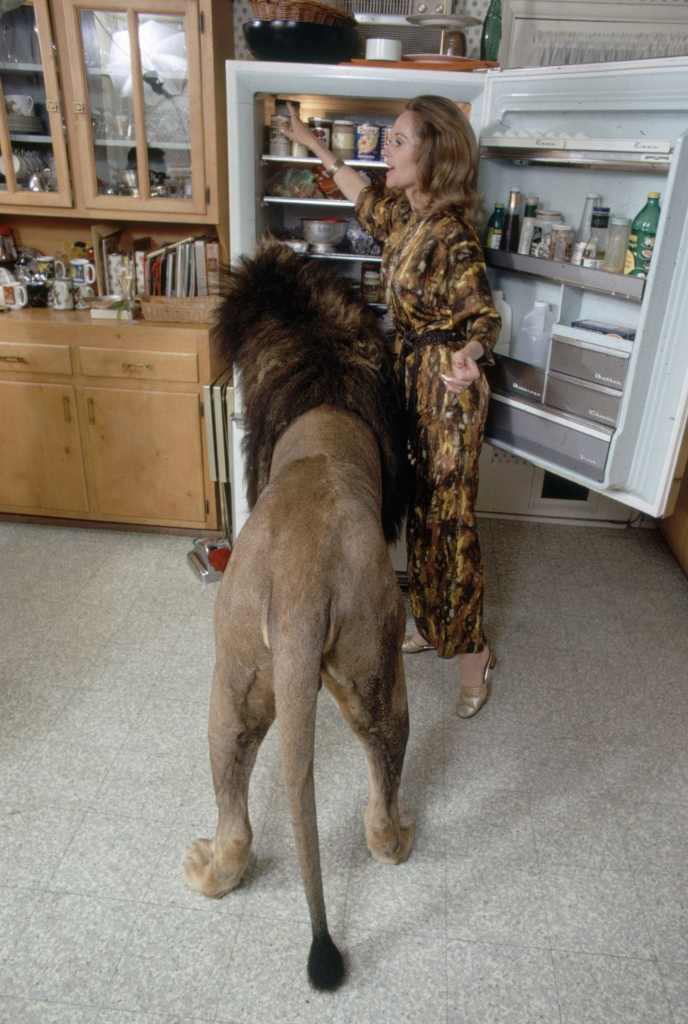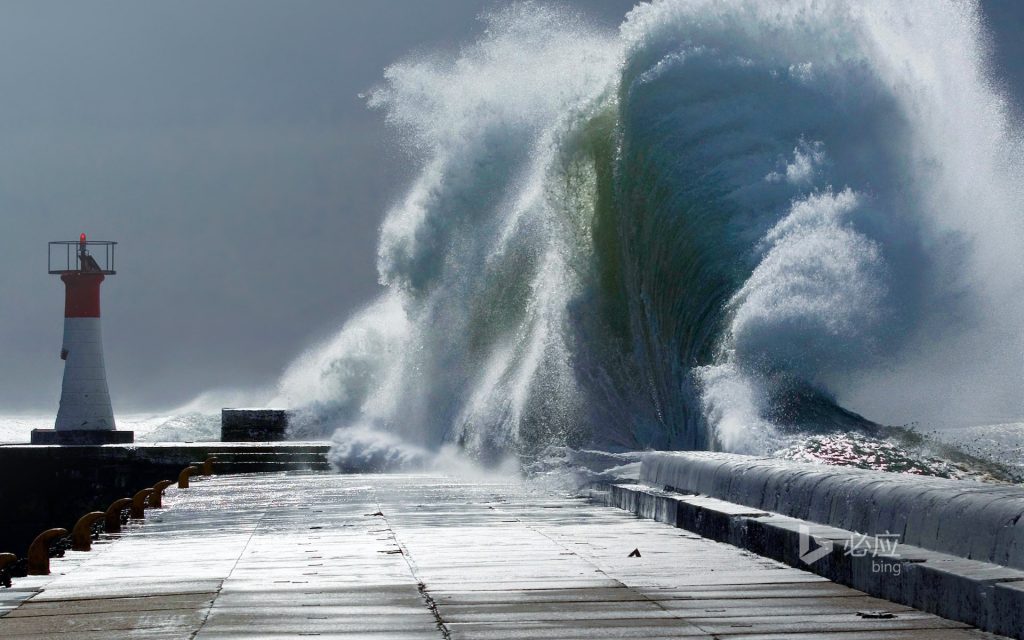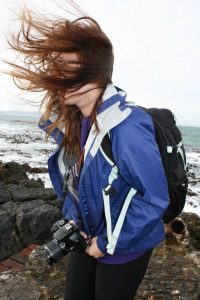CLIMATE
- June is the wettest month of the year, with 108 mm (4.3 inches) of rain.
- The average temperature during Cape Town’s winter season is between 7 and 20 degrees Centigrade.
- It’s not uncommon, however, to enjoy a week of sunshine and temperatures ranging between 21 and 26 degrees Celsius and there are never any frosty mornings.
- Average winter temperature: 18.5 ºC Average daily sunshine hours in Winter: Between 7.5 hours (London = 3.8 hours; New York = 6.9 hours)
- South Africa is 2 hours ahead of Greenwich Mean Time. There are no regional time zones within the country. Standard time in South Africa is 7 hours ahead of Eastern Standard (Winter) Time
- Cape Town is very windy!
______
_________________________________________________________________________________________________________________________________________________________________________________________________________________________________________________________________________________________________________________________________



CELL PHONES
- Roaming mobile network services are available in South Africa.
- If you wish to join a South African mobile network, you can buy or hire a cell phone at the airport or at most of the major shopping centres.
- Blue public phones operate on coins (50c, R1 and R5 coins are best), while green public phones operate with local Telkom phone cards, which you can purchase in a variety of shops and post offices. Most public phones advertise the closest sale point.
- Local couriers can help you ship your purchases home and deal with formalities.
- Many hotels and accommodation establishments have wireless internet connections.
MONEY, TIPS AND TAXES
- The local currency is the South African Rand (R, ZAR). 1 USD = 18.57 R. Foreign exchange facilities are widely available and can be found at the V&A Waterfront, Cape Town International Airport and at bureaux de change in various major shopping centres.
- American Express, MasterCard and Visa are widely accepted with some restrictions in small towns and rural area.
- Automated Teller Machines (ATMs) accept most international bank and credit cards.
- South Africa has a modern and sophisticated banking and commercial system, and most shops and hotels accept all major credit cards.
- VAT: South Africa has a Value Added Tax system of 14% on purchases and services. Foreign visitors can reclaim VAT on collective purchases of more than R250. VAT Refund Offices can be found at: Ground level, International Departures, Cape Town International Airport Tel: + 27 21 934 8675.
- A 10% tip is standard in restaurants. Tables of over eight people often have an automatic service charge added to the bill. A tip of R5 to R10 per piece of luggage is acceptable for porters in hotels and at airports. In some shopping areas, uniformed attendants will either take a fee or offer to mind your car for a tip.
HEALTH ISSUES
When visiting any major city, visitors should take certain health and safety precautions. Ours is no different. To make your visit as enjoyable as possible, here are some basic tips:
- High-quality tap (faucet) water is available across the city and it is both palatable and safe to drink straight from the tap.
- The quality of the food is excellent, and Cape Town has some of the top restaurants in the world.
- Medical facilities in Cape Town are world-class. There is an excellent network of both state and private hospitals.
- We have a warm sunny climate and you should wear sunscreen and a hat whenever you are out of doors during the day, particularly between 10am and 4pm.
- If you’re an adult, you won’t need any inoculations unless you’re travelling from a yellow-fever endemic area (the yellow fever belt of Africa or South America), in which case you will need certification to prove your inoculation status when you arrive in the country.
- Hepatitis B inoculations are recommended for children up to the age of 12 who have not completed the series of injections as infants.
- Cape Town is not a malaria area.
- Wear a condom to protect yourself against AIDS and other STDs.
SECURITY
- Heed the advice of your hosts.
- Do not allow strangers to assist you in any way at ATMs.
- Street children and beggars may approach you for a handout. Many social workers counsel against giving money to the children as it usually gets handed over to an older person or is used to purchase drugs.
- At night, park in a secure, well-lit area. To report any safety incident, phone the following numbers:
- All emergencies from your cell phone – 112
- All emergencies from a landline – 107
- South African Police Services (SAPS) – 10111
- Hiking safety: Save the following emergency number on your cell phone before you begin your hike: +27 861 106 417. Most shops and businesses are open between 09h00 and 17h00 on weekdays and on Saturdays until 13h00.
HOLIDAYS AND BUSINESS HOURS
- Major malls tend to stay open later: up to 21h00 during the week, on weekends and on most public holidays.
- Government agencies keep to limited weekday only hours, often closing around 15h00. • Most banks close at 15h30 weekdays, but are open on Saturday mornings (from around 09h00 to 11h00).
- Muslim-owned businesses close between noon and 13h00 on Fridays. • Most stores, cinemas and restaurants are open on most public holidays. The exceptions are Christmas Day, December 25 and New Year’s Day, January 1.
PASSPORT and TRAVEL INFORMATION
- Passports must be valid for 30 days after your departure from Southern Africa, and you must have 2 consecutive blank passport pages. Without the above you could be denied entry. A tourist visa is not required.
- COVID-19 vaccine cards and proof of negative testing are no longer required to enter South Africa.
- 220/230 volts AC, 50 cycles, except in Pretoria where the current is 250 volts AC.
- Import/export restrictions include 400 cigarettes; 250 grams of tobacco; 50 cigars; 1 litre of spirits; 1,5 litres of wine; 50 ml of perfume; 250 ml of toilet water. Gifts, souvenirs and any other goods to the value of R500 are permitted.
- South Africa employs outlets of 220/230 volts AC, 50 cycles, except in Pretoria where the current is 250 volts AC.
THEFT
- South Africa is a safe place for international tourists. It is sensible to take normal precautions while travelling.
- Be observant and do not draw attention to yourself by flaunting an expensive camera, jewelry, or large amounts of cash.
- Deposit valuables in the hotel’s safety deposit box. Do not leave your baggage or hotel guest key unattended.
- Speak to the hotel concierge about, any excursion you may like to undertake, reliable taxi services and routes to take.
- Do not walk alone in the streets after dark and when returning to your hotel late in the evening, use the main entrance.
- Lock your car doors and keep personal items and luggage in the trunk, rather than on the seat of the car.
EMBASSY AND CONSULATE
- The Cape Town US Consulate is located at 2 Reddam Ave Westlake 7945 and can be reached at 021-702-7300 (From South Africa) or 011-27-21-702-7300 (From U.S.).
- Avoid walking to the Consulate via Reddam Avenue due to reported criminal activity. Being dropped off by uber or taxi is advised. The Consulate has no policing authority outside of its compound.

